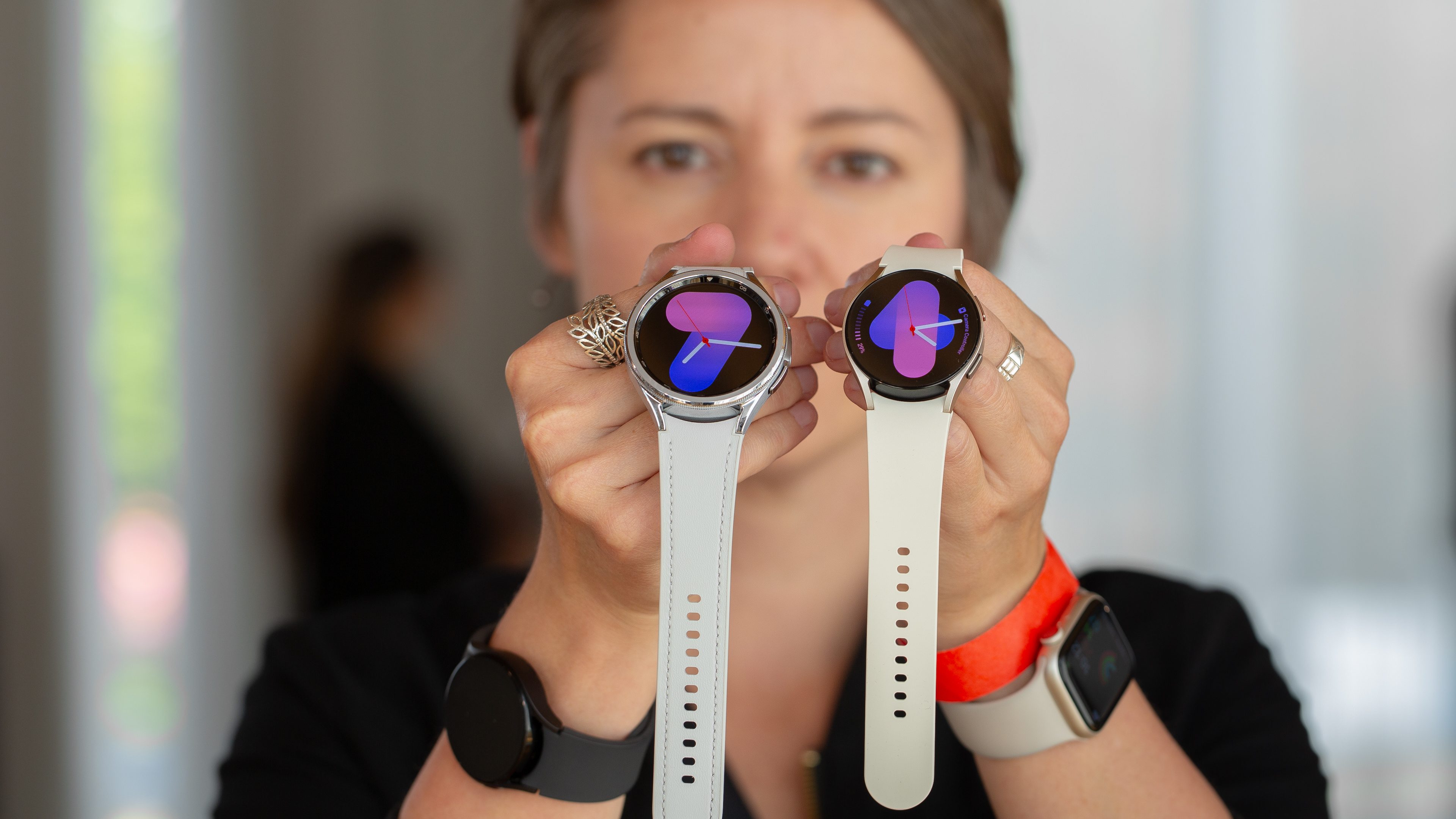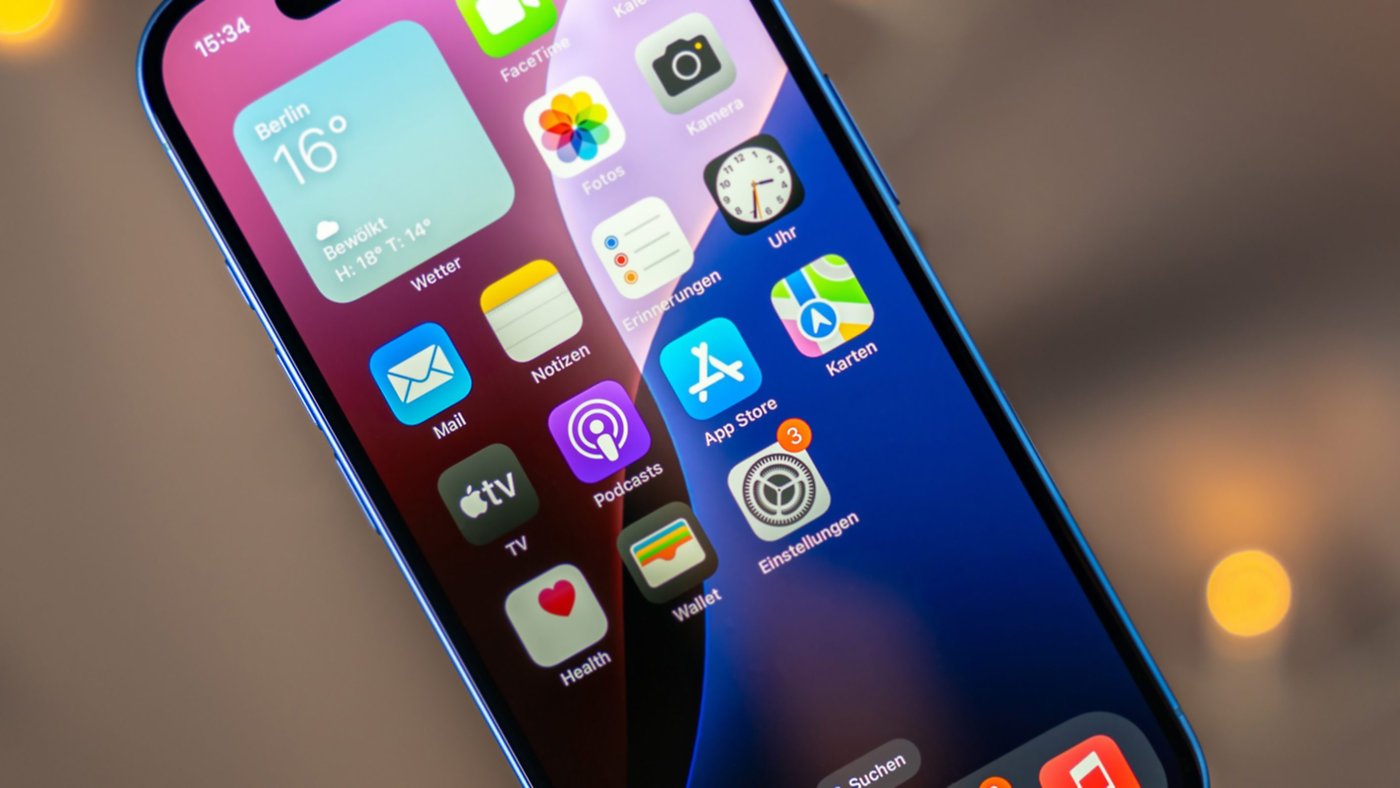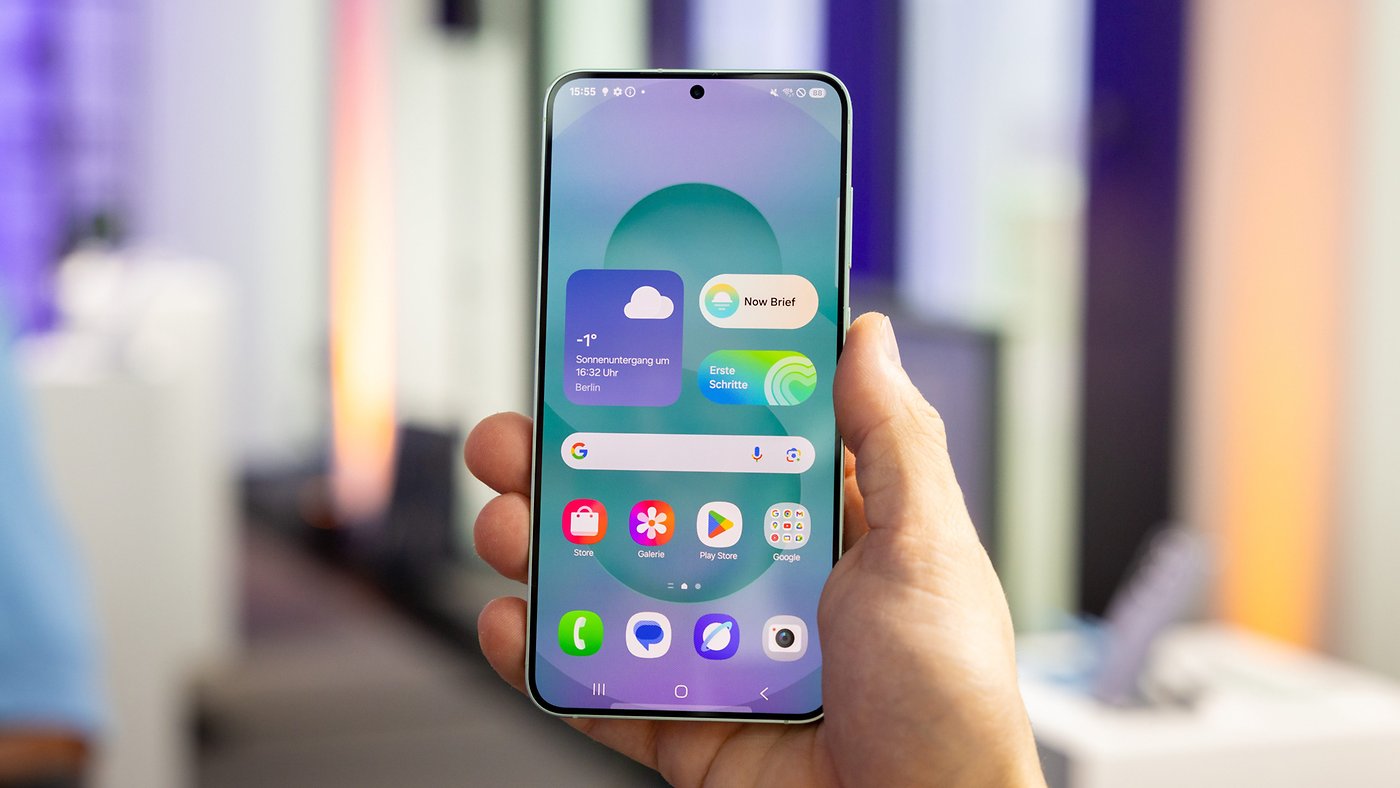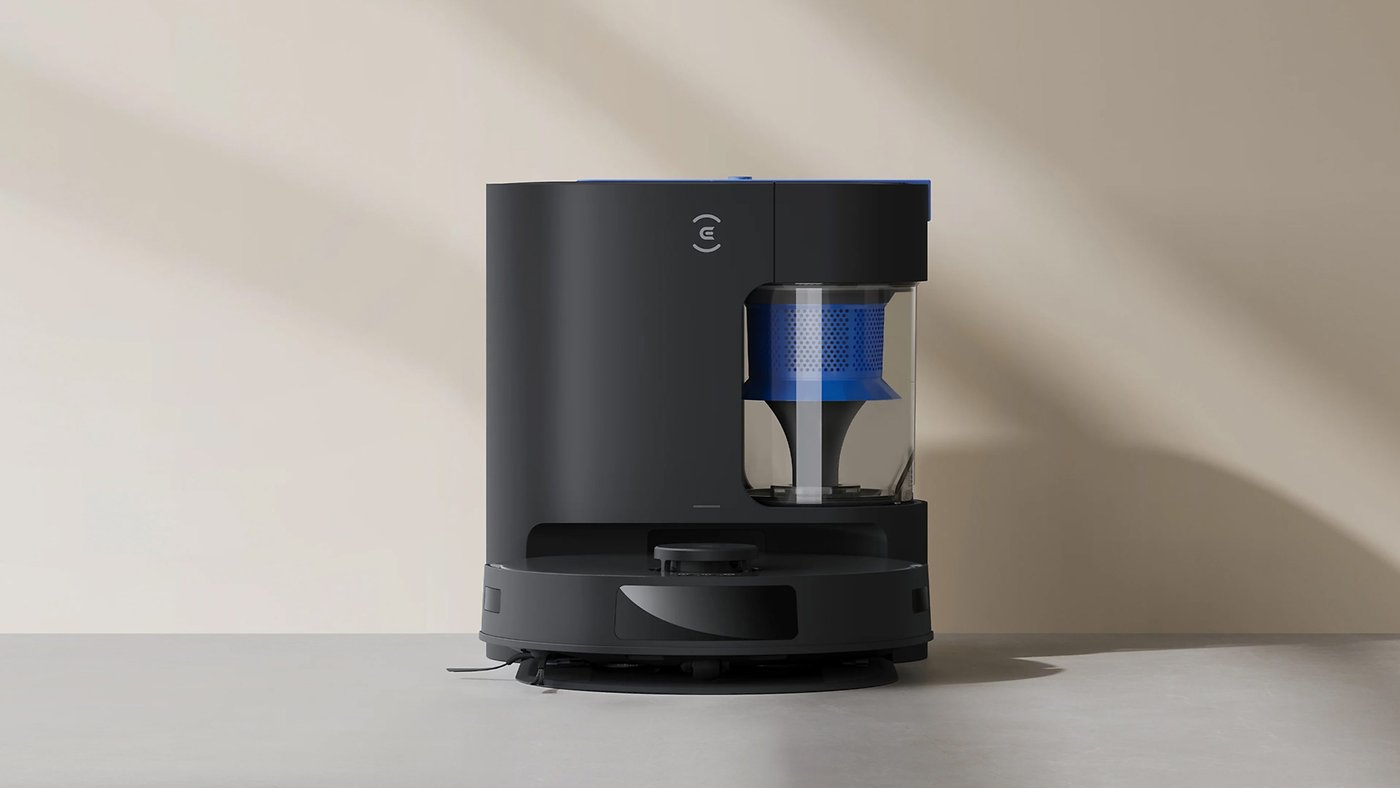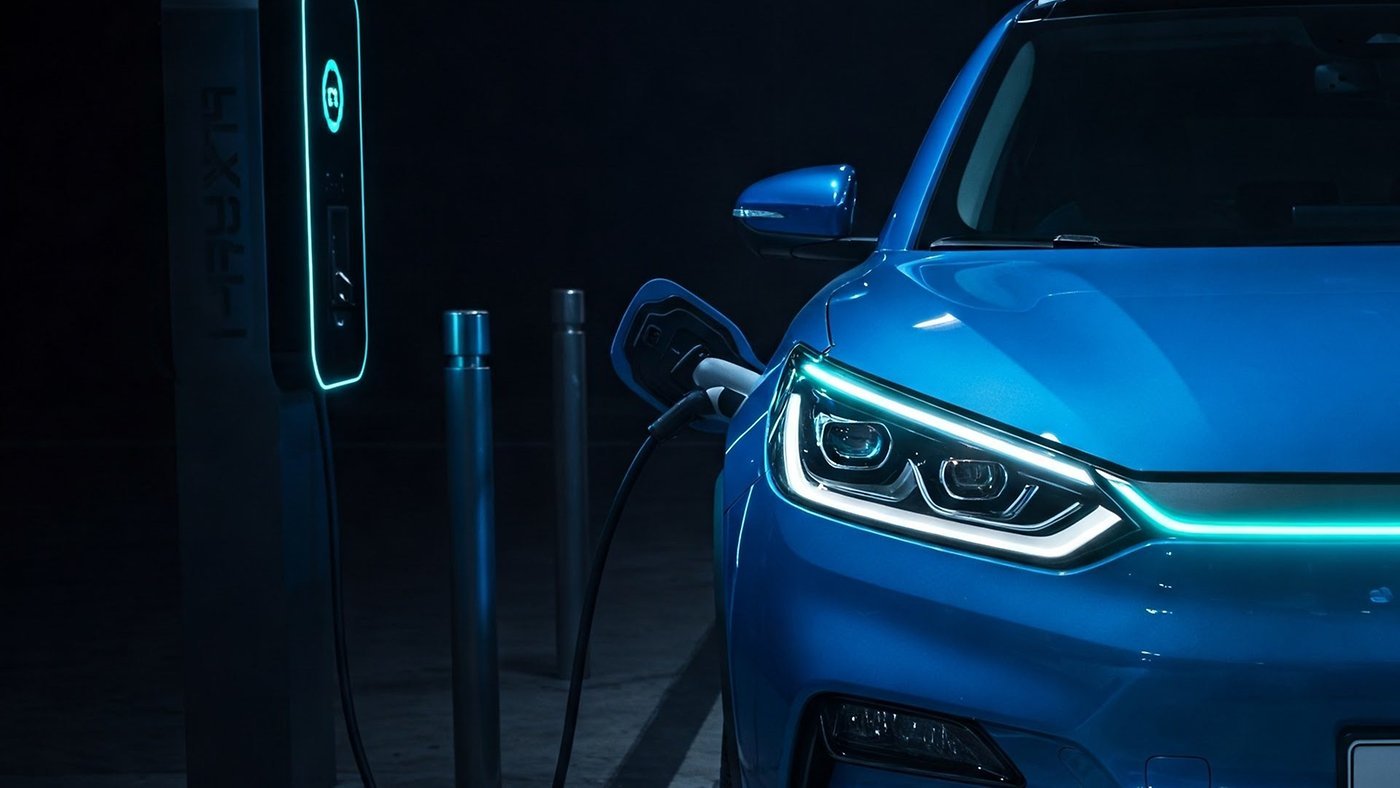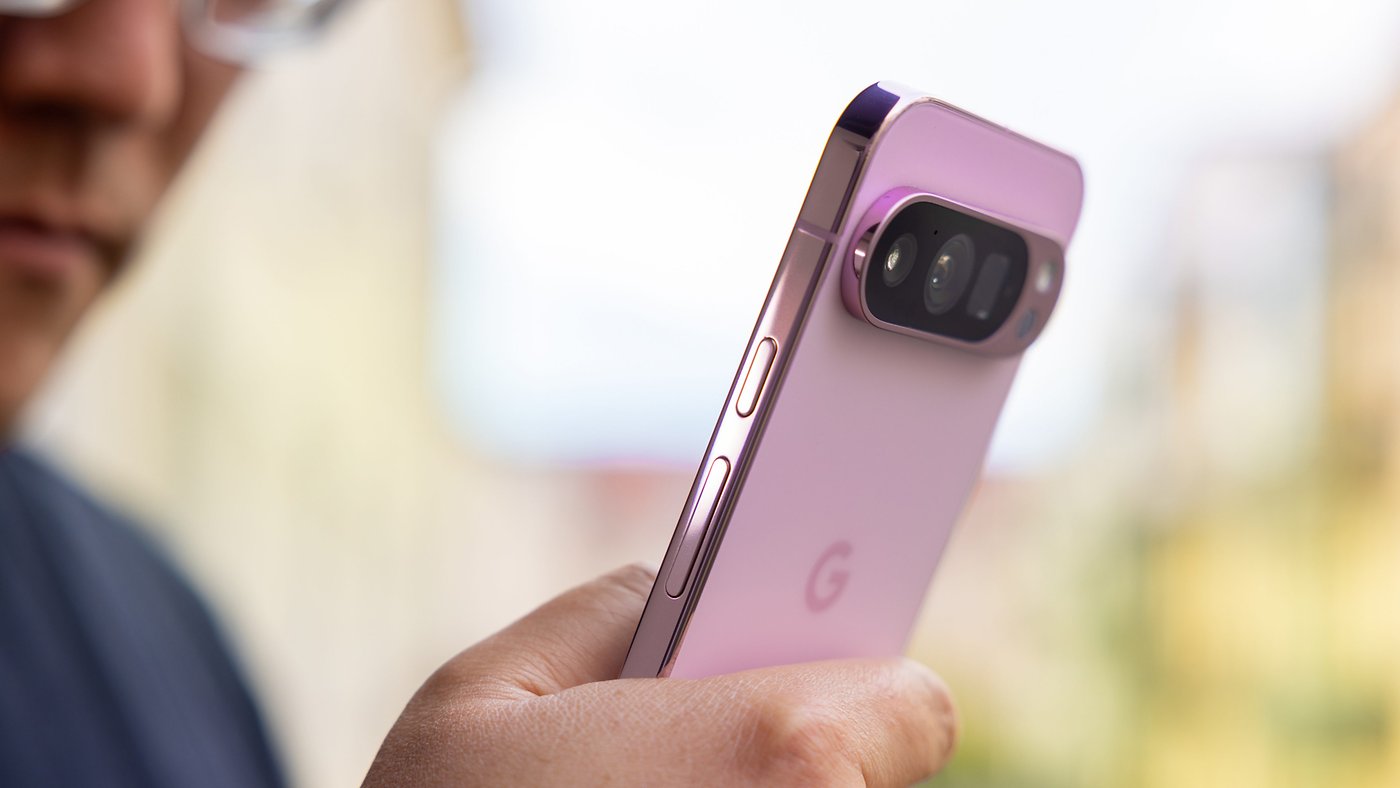

Yes, yes – we know Nintendo Switch is old now. There comes a time in each console’s life when the games start to dry up and we look to the future — and the Switch is very much in the autumn of its years. Back in May, two months into its eighth year, Nintendo said a new hardware announcement is coming at some point before April next year, and with that acknowledgement comes a sense that the really good stuff will be saved to launch the next console with a bang.
However, looking back at past Nintendo systems, it doesn’t necessarily mean Switch will be running on fumes for the rest of the year. You would have been forgiven for thinking Zelda: Tears of the Kingdom was the Switch’s last hurrah, and then Super Mario Bros. Wonder turned up. You may have thought the release of Switch in 2017 meant that the might 3DS’ days of quality exclusive software were numbered, but as we’ll highlight below, that wasn’t the case. In fact, Nintendo has good form when it comes to putting out brilliant games at the very end of a console’s lifecycle and having sold over 140 million Switches, there’s a high chance that there’s still gold in them first-party hills, as well as all the third-party stuff we already know about.

Yes, yes – we know Nintendo Switch is old now. There comes a time in each console’s life when the games start to dry up and we look to the future — and the Switch is very much in the autumn of its years. Back in May, two months into its eighth year, Nintendo said a new hardware announcement is coming at some point before April next year, and with that acknowledgement comes a sense that the really good stuff will be saved to launch the next console with a bang.
However, looking back at past Nintendo systems, it doesn’t necessarily mean Switch will be running on fumes for the rest of the year. You would have been forgiven for thinking Zelda: Tears of the Kingdom was the Switch’s last hurrah, and then Super Mario Bros. Wonder turned up. You may have thought the release of Switch in 2017 meant that the might 3DS’ days of quality exclusive software were numbered, but as we’ll highlight below, that wasn’t the case. In fact, Nintendo has good form when it comes to putting out brilliant games at the very end of a console’s lifecycle and having sold over 140 million Switches, there’s a high chance that there’s still gold in them first-party hills, as well as all the third-party stuff we already know about.
We’ll find out much more once the June Nintendo Direct drops, but for now let’s take a look back and remind ourselves that whenever official ‘Switch 2’ news finally arrives, there are still great times ahead with the Switch you’ve got at home right now. We’ve included a couple of non-Nintendo-published games in there, too — felt rude to exclude titans like Capcom and Square Enix. We’ve also omitted Game Boy games here because, frankly, we’d be here all day, such was that system’s longevity. Check out our Top 50 Game Boy Games and look for anything with a release date after 1996-7. (Wario Land II and a little game called Pokémon are the biggies.)
So, let’s look at some of the late-generation Nintendo releases, in no particular order, that rank among the very best games on their respective consoles…

Publisher: Nintendo / Developer: MercurySteam
Releasing six months after Switch launched, many people lamented not having Samus Returns on Switch instead, but that doesn’t diminish the quality of this 3DS swansong. Well, one of 3DS’ swansongs.
The Game Boy sequel to the original Metroid on NES was remarkable back in the day, but if there was ever a perfect candidate for a remake in Nintendo’s back catalogue, that was the one. MercurySteam did a fabulous job updating Metroid II’s mechanics for the 21st century, giving a whole new audience the chance to experience an important chapter in the series’ story. Handy additions like the map were joined with a new melee attack which introduced a delicate balance of risk versus reward and the result was one of the best games on the system. It was no surprise that Nintendo partnered with the developer on Metroid Dread.
Please note that some external links on this page are affiliate links, which means if you click them and make a purchase we may receive a small percentage of the sale. Please read our FTC Disclosure for more information.

Publisher: Nintendo / Developer: Rare
Released five months after the N64’s Japanese launch, Donkey Kong Country 3: Dixie Kong’s Double Trouble! rounded off the Super NES DKC trilogy nicely – Dixie and Kiddie’s adventure is still a pleasure today (via Nintendo Switch Online, if you please). It arguably can’t quite reach the highs of the second chapter in Rare’s trio of DK delights, but it looks better than ever and gives you some choice with a non-linear map to explore and options should you hit a roadblock on your adventure.

Publisher: Nintendo / Developer: Squaresoft
Playable on Switch in ground-up remake form, Super Mario RPG: Legend of the Seven Stars is not only a brilliant game in its own right, it’s a history lesson in how the Mario role-playing series began. Anyone who has played the Paper Mario and Mario & Luigi series should play Square’s original title that started it all. Super Mario RPG paved the way and inspired both of these series, and we should be eternally thankful to Squaresoft for this gem, which arrived just a few months prior to the N64.

Publisher: Nintendo / Developer: Nintendo
Launching in the States in August 2018, a full 17 months after the Switch hit store shelves, we got two WarioWares on Switch (so far) so it’s hard to be too miffed that this excellent compilation was only on 3DS. WarioWare Gold makes use of the console’s particular features – from its two screens to tiny microphone – and curates many of the series’ most popular games while also adding 50ish new ones into the bargain. Similar to 2016’s Rhythm Heaven Megamix (another late arriver), the series has many standout entries across consoles and this is an excellent ‘best of’ package.

Publisher: THQ / Developer: Rare
Another iconic entry in the N64 catalogue from Rare, 2001’s Conker’s Bad Fur Day launched 10 months before the GameCube in the US (although the ‘Cube wouldn’t arrive on European shores until the following year). Conker stood out proudly from the pack of cutesy platformers as a fouled-mouthed, blood-filled, scatological comedy. We’re still a little blindsided that a Nintendo second-party dev put out a game full of swears, to be honest — even the Xbox remake bleeped most of them out. Conker was a technological triumph for the ageing 64-bit system, and while the movie parodies are very much of their time and the humour won’t hit the spot with everyone, the drunken squirrel still knows how to have a good time.

Publisher: Capcom / Developer: Capcom
We’ve gone with 1992’s Mega Man 5, but Mega Men 4, 5, and 6 all released after the Super Famicom had launched in Japan.
When people ask about the best Mega Man game on the NES, Mega Man 2 and Mega Man 3 tend to get the lion’s share of love. However, 5 deserves attention, too. It doesn’t quite reach the stellar highs of the blue bomber’s earlier outings, but with a host of novel additions to its levels — gravity switching, and even a vehicular section — it’s another fine entry in Capcom’s series. Yes, it might be ‘just’ more Mega Man, but who doesn’t fancy a bit of that?

Publisher: Nintendo / Developer: HAL Laboratory
1993’s Kirby’s Adventure is a vibrant masterclass of NES platforming whether you’ve got the 3D slider set to max in the 3D Classics version on 3DS or you’re enjoying it old-school-style with just the two dimensions on NES or as part of the Nintendo Switch Online NES library offering. It’s a high point in the pink puffball’s illustrious career and its 8-bit visuals still look great all these years later. Even if you don’t consider yourself a Kirby fan, this adventure will win you over. You might say… it sucks you in.

Publisher: Nintendo / Developer: Intelligent Systems
We could have gone with Genealogy of the Holy War, which released in the month prior to the N64’s arrival in 1996, but Fire Emblem: Thracia 776 got a Super Famicom release in (wait for it) the year 2000. The previous year it was made available for download at Nintendo kiosks via the Japan-only Nintendo Power flash cart, but Nintendo ended up putting out a proper retail release just a year before the GameCube launched.
It’s a great game, too, by all accounts. Hard, though.




